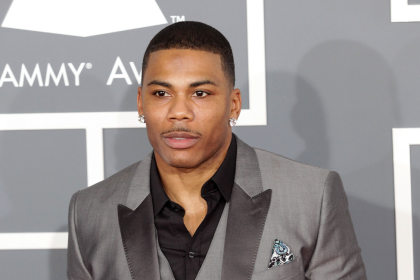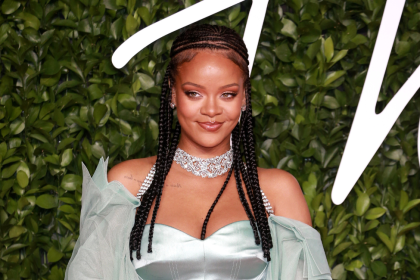
Rapper Kodak Black continues to face issues due to his preference for women. After initially going on social media and saying that he preferred light-skin women over dark-skin women, he had a chance to clarify his statement.
After playing in Master P’s celebrity basketball game in New Orleans on June 29, Kodak Black was interviewed by @TheChaneyTV about his statement on Black women.
“I’m an average dude cause I don’t see myself no better than him, no better than him, you know, or no less than him. So if he could say that he like skinny women…if he prefers skinny woman more than a more chubbier or more heavy set woman, he could say that and nobody won’t get mad at him,” Kodak Black said. He also revealed that he doesn’t like his own complexion. “I just said I don’t like women with my complexion. I like light skin women. I want you to be lighter than me. I love African American women, but I just don’t like my skin complexion,” he said.
He continued and shared that women who shared his complexion are “gutter.” “My complexion, we too gutta. Light skin women. They more sensitive,” he continues. “Nah, nah, they too tough. Light skin women, we can break them down more easy?”
Although Kodak Black has faced more criticism since the interview was posted, his statement reveals a larger issue. Racism affects every segment of Black life. Kodak Black’s experiences have shaped and caused him to hate his own skin complexion. When the dominant culture and race can dictate the rules through social construction, they can define what is considered to be successful and beautiful. It’s the same reason young kids, Black or White, often associate Black dolls as negative while viewing White dolls as the standard of beauty during “The Doll Test.” Kids learn early in life if they are at an advantage or disadvantage.
At 20, Kodak Black probably doesn’t understand how to properly articulate how he is affected by racism. But subconsciously, he may feel that Blacks with light-skin are given better opportunities. It’s twisted to even imagine that those thoughts can be prevalent in 2017. But it remains a real issue within America and the Black community. Kodak Black just made a choice to say it out loud.














